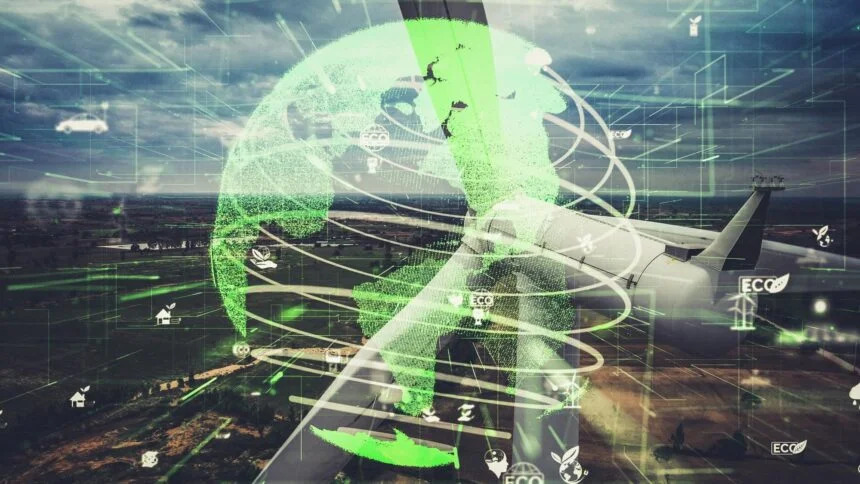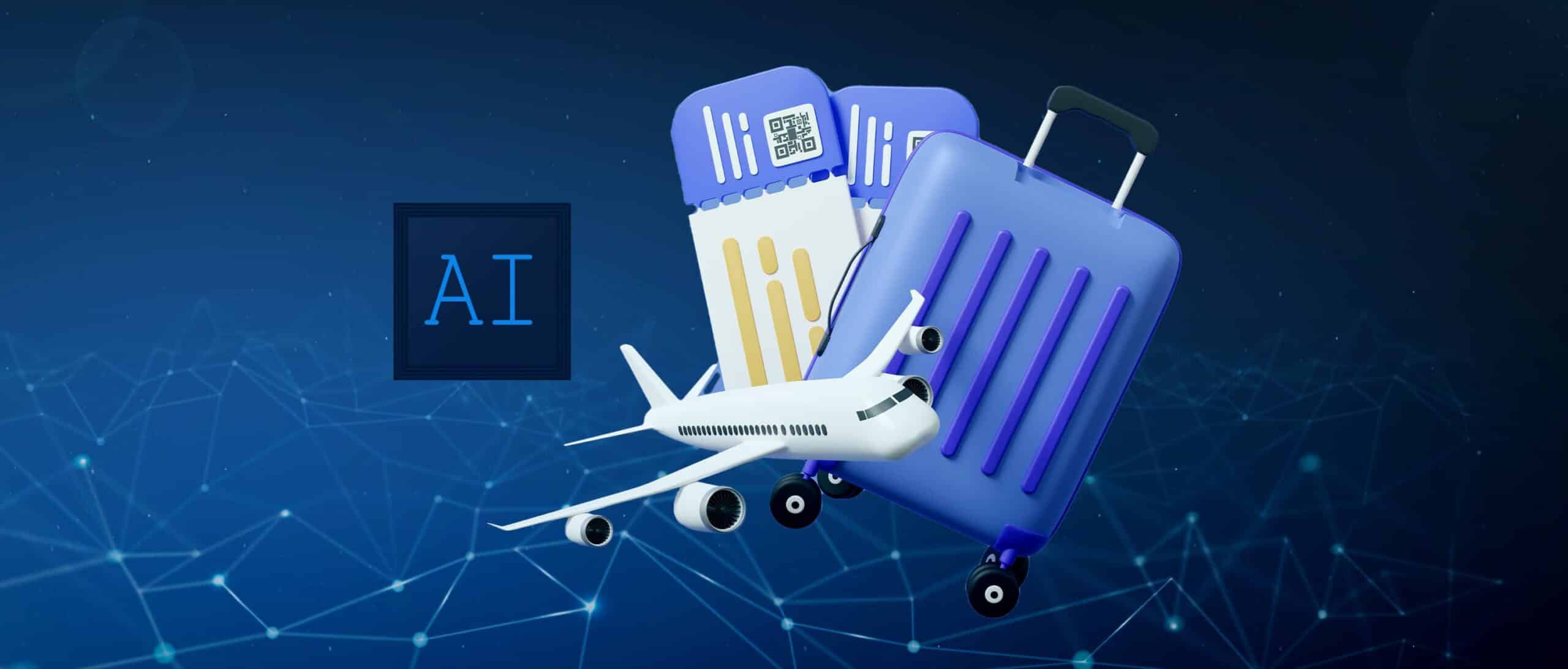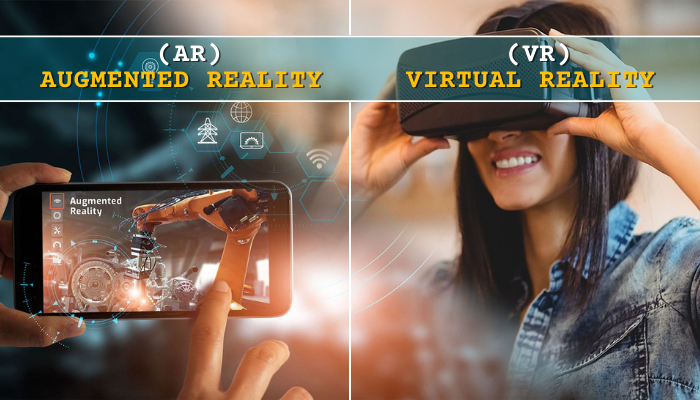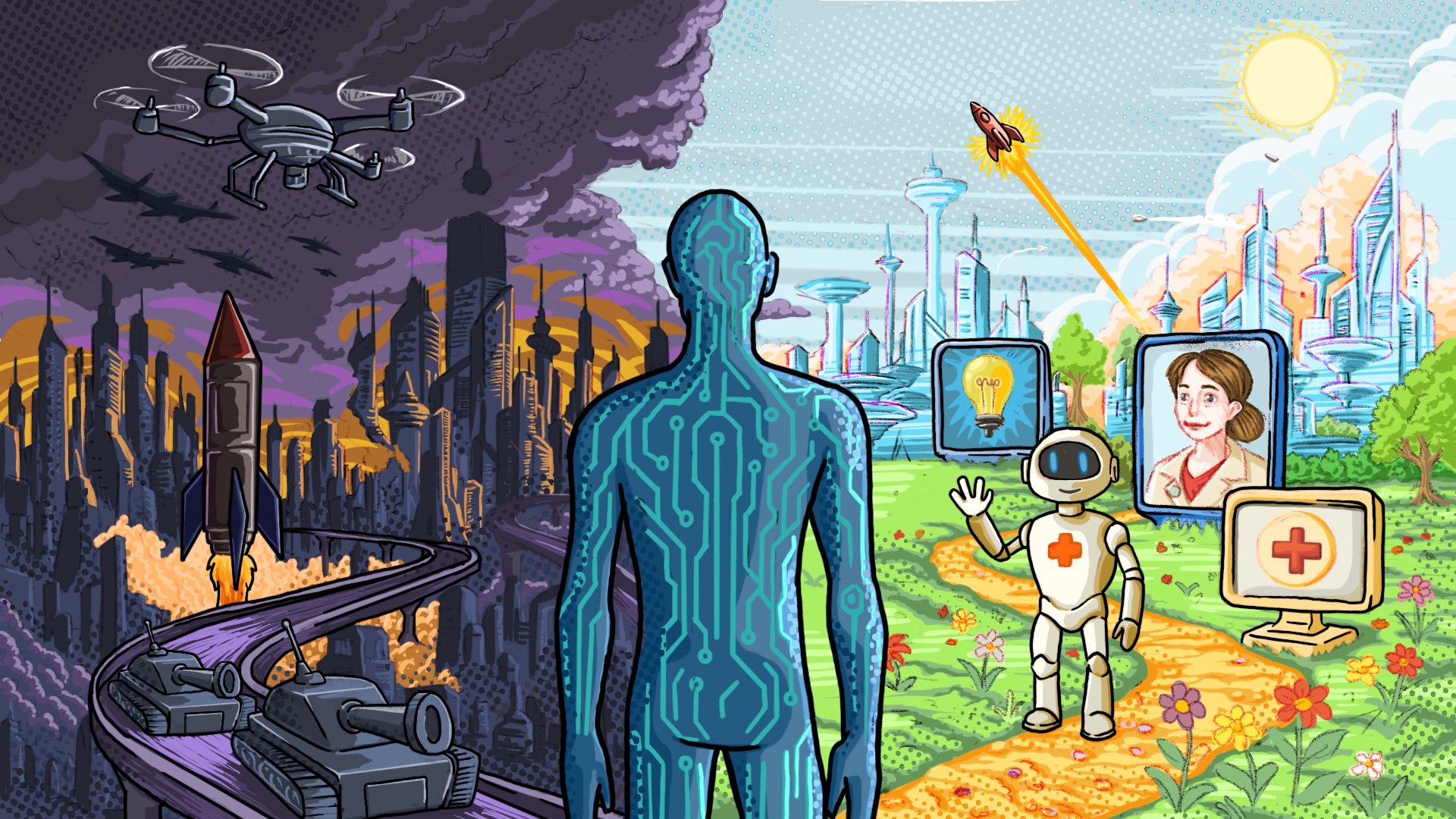Travel and tourism is a wonderful thing, and we should indulge to our hearts content. However, with anything we enjoy, we can do it to excess and at the expense of others, ourselves and even the planet we live on.
There's no doubt all this buzzing around contributes to several negative factors like greenhouse gas emmissions, various waste and a strain on resources. How much and what exactly is up for debate, but we can agree it's not all rosey and ship shape.
That's fine (it is what it is, and we are where we currently are), we just need to take a look at it all and see what we can do to improve the situation whilst still enjoying ourselves to the max.
Now let's add technology to the mix. It's not a cure all (or a pure killer for that matter), it is a neutral beast which furthers the effeciency and evolution of mankind, and can be used for good as well as evil (or nothing in particular).
So how best to harness the tools and tech we do have to improve the sustainable aspects of the travel we so enjoy? Apps, AI, blockchain, and other innovations are rehaping the travel industry and giving us all choices at the click of a button. Here we dive into some of those...
Smart Travel Apps for Greener Choices
Carbon footprint calculators
These are apps that help travellers compare flight emissions, train vs plane impact, or the sustainability of accommodation options.
Sustainable booking platforms
There are websites and apps that highlight eco-certified hotels, activities and experiences. EcoBnB and BookDifferent are a couple of examples.
Navigation & transport apps
Digital tools that encourage use of public transport, carpooling, cycling, or walking rather than taxis or rental cars.
AI for Smarter, More Efficient Travel
AI in route optimisation
Airlines and logistics companies using AI tools to help cut fuel usage by optimising flight paths and cargo loads.
Personalised eco-friendly recommendations
This is where we get personal. As we progress, more and more we will be able to use AI agents and the like for a personal experience. One way is travel apps powered by AI which can suggest greener options based on user preference (like recommending a good train route alternative over flights).
Predictive analytics for crowd management
Overtourism is a big talking point these days and these tools can help destinations monitor visitor flows and being able to make any adjustments off the back of that, reducing strain on fragile ecosystems (and the wider implications of managing this whole area).
Blockchain and Transparency in Travel
Tracking sustainability claims
Blockchain can do a whole lot more than be used as the basis for crypto. What made it work for Bitcoin (and others subsequently) lies the tech that can help with our travel needs, not least transparency. Everything is verifiable. In this case, blockchain can verify eco-certifications for hotels and tour operators, reducing 'greenwashing'.
Carbon offset verification
Using Blockchain also ensures transparency in carbon offset projects, showing travellers exactly where their money goes, so everything is clear, no smoke and mirrors, skullduggery or chicanery!
Decentralised loyalty programmes
Blockchain-based rewards systems could incentivise eco-friendly travel behaviour. Loyalty programmes aren't a new concept but they can be given a modern spin with everything tracked and rewarded properly.
Internet of Things (IoT) in Hotels and Transport
Smart rooms
IoT enables hotels to monitor energy and water use. For instance, sensors that adjust lighting and air conditioning when rooms are unoccupied.
Connected transport systems
IoT-based city systems can improve public transit efficiency, reducing reliance on cars.
Waste reduction
IoT waste bins in tourist areas optimise collection routes, cutting emissions from waste trucks.
Virtual & Augmented Reality as Alternatives
Virtual tourism
VR (Virtual Reality) experiences can substitute some forms of travel, especially for fragile environments like coral reefs and heritage sites. No substitute for the real thing of course, but an immersive experience far beating not doing it at all.
AR for cultural education
Augmented Reality (AR) apps enrich on-site visits without the need for extensive physical infrastructure, preserving natural and cultural heritage. There's a whole bunch of uses for AR going forward and seems to get forgotton a bit with VR, AI and the like getting the headlines but could be useful in many ways.
Big Data for Sustainable Destination Management
Monitoring overtourism
Governments and tourism boards use big data to monitor visitor numbers and redirect flows to less-visited sites. Whilst we want be careful of certain entities getting too much data and too much control, in the right hands and used in the right way, managing the sheer numbers makes sense for all to enjoy optimally.
Resource management
Data helps track water and energy use in tourist hotspots, enabling more efficient distribution.
Eco-behaviour nudges
Real-time information can encourage visitors to choose greener options, like public transport during peak hours.
Challenges & Risks
Energy demand of tech
AI, blockchain, and data centers themselves consume significant energy. Solutions must focus on renewable-powered infrastructure. There are always pros and cons and pay-offs. It's working towards a greater good that's important, not necessarily perfect for all.
Digital divide
Access to sustainable travel apps and technologies is not evenly distributed globally. This is changing bit by bit, but there will likely always be a divide of sorts. It can still be used as best possible for those that can and we can all do the best we can in the circumstances we are.
Greenwashing via tech
Some companies use tech buzzwords to appear sustainable without meaningful action. Oh, it's all the rage... sounds good, and if you can say you're sustainable then you get a pat on the back and not classed with the evil folk. However, like 'healthy' foods, it can always be gamed and ouright lied about. We always need to be on the lookout for this behaviour, call it out, and support the genuine ones.
Dystopian nightmare
Let's address the elephant in the room (and if you're not aware of an elephant lurking, perhaps it's time to take heed). Some reading this may question whether technology having all this data and the companies or organisations in charge of it having excessive control. In the wrong hands and if we allow, this can all be used to keep us in check and only have a certain allowance. Think some sort of credit system, whether that be for a particular aspect like carbon and/or a more general, social one.
This isn't conspiracy, it's bloody obvious what could happen if you follow the path. The flip-side is that some of this is great stuff and should be used, as if it improves our lives and the lives of future people and nature then we should do what we can. The whole point in evolving is becoming more efficient and 'better' and adding increased enjoyment into the mix. A finely balanced machine. So that requires vigilance, allowing what works well and saying no when things go too far.
Clearly the subject of another article but worth referencing here. As mentioned at the start, all technology can be used for good or evil and we all have a responsibility to use wisely.
Technology (or anything else for that matter) isn't a silver bullet, but when used thoughtfully, it can make sustainable travel more accessible and transparent.
Whether it be AI-powered recommendations or blockchain-backed accountability, these digital innovations are shaping a future where travellers can align adventures with environmental responsibility.
The challenge we have ahead is to ensure that the technology supporting sustainable travel is itself built and powered sustainably and doesn't just become a new set of problems.
Sratch that, there will always be new problems. As with life it's not so much a matter of eliminating problems but merely upgrading them to slightly better ones. There will always be nefarious actors involved too, so we need to do the best we can taking all these factors into account.
Posted Using INLEO



